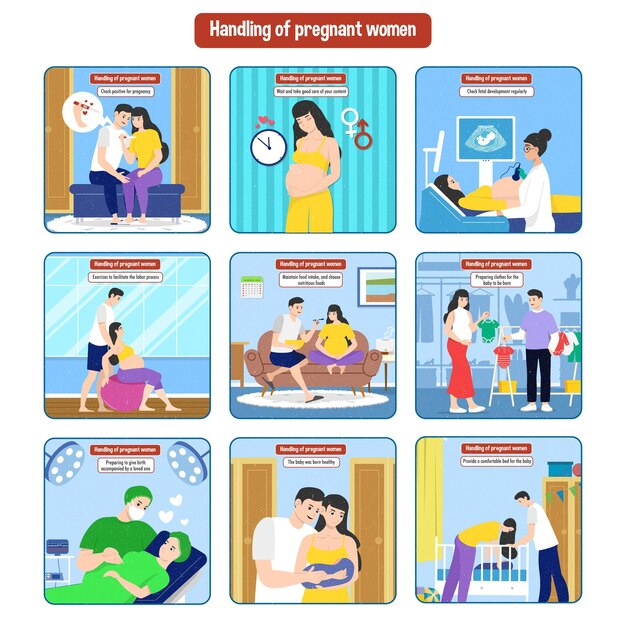Power naps during the day

Pregnancy is a beautiful, transformative journey but let’s be honest, it’s also physically and emotionally demanding. From hormonal shifts to a growing belly and sleepless nights, it’s no surprise that fatigue becomes a frequent visitor. That’s where power naps come in a simple yet effective self-care tool to help moms-to-be recharge and show their bodies the love and care they deserve.
Why Fatigue Is Common During Pregnancy
During pregnancy, your body is doing double duty. Increased progesterone levels, changes in blood sugar and blood pressure, and the constant development of your baby all contribute to feelings of tiredness. Add in nighttime discomfort, frequent bathroom trips, and emotional ups and downs, and you’ve got the perfect recipe for daily exhaustion.
Instead of trying to push through the day, what if you gave your body what it’s asking for? Enter: power naps.
What Is a Power Nap?
A power nap is a short nap that typically lasts between 10 to 30 minutes. This small window of rest can provide a significant energy boost, improve mental clarity, and help you feel refreshed without leaving you groggy.
For pregnant women, power naps can make a real difference in managing daily fatigue and maintaining emotional balance.
Benefits of Power Naps During Pregnancy
💤 Boosts Energy Levels
A quick nap can help restore lost energy, especially during the first and third trimesters when fatigue can be most intense.
🧠 Improves Focus and Mood
Power naps reduce stress and boost brain function helping with memory, mood regulation, and decision-making, all of which can be impacted by pregnancy brain fog.
❤️ Supports Emotional Well-being
Resting during the day gives your body a chance to slow down and reset. It’s a small act of self-love that supports your mental health.
🌙 Helps Compensate for Night Sleep Troubles
If you’re tossing and turning at night due to discomfort or anxiety, daytime naps can help bridge the gap.
How to Make the Most of Your Power Naps
1. Keep it short.
Stick to 20–30 minutes to avoid entering deep sleep, which can leave you groggy.
2. Time it right.
Late mornings or early afternoons (between 1 PM and 3 PM) are the best times. Napping too late in the day can interfere with nighttime sleep.
3. Create a cozy space.
Dim the lights, silence your phone, and use a pregnancy pillow for extra comfort.
4. Don’t feel guilty.
Rest is not a luxury it's a necessity. Your body is doing incredible work growing a life. Honor that effort.
Is Napping Every Day Okay?
Absolutely! As long as your naps are short and not interfering with your nighttime rest, daily power naps are perfectly healthy. In fact, they can become an essential part of your pregnancy self-care routine.
When to Speak to Your Doctor
If you feel excessively tired all the time, even with naps, or if you’re struggling with sleep at night, it's worth mentioning to your healthcare provider. Sometimes fatigue can signal issues like anemia or gestational diabetes, which can be managed with proper care.
Final Thought: Rest Is Productive
During pregnancy, taking care of yourself is the first step to taking care of your baby. Power naps are not just a convenience they’re a way of tuning in to your body and giving it exactly what it needs. So the next time you feel like you’re dragging, don’t reach for another cup of tea find a quiet spot, close your eyes, and gift yourself the rest you deserve.
Related Articles

Light stretches before sleeping

Managing infections or discomfort

Asking for flexibility when needed

Eating more iron-rich foods

Understanding pregnancy emotions

Managing Work Stress During the First Trimester

Wiping front to back

The Ultimate Guide to Getting Pregnant: Fertility Tips, Timing, and Lifestyle Changes